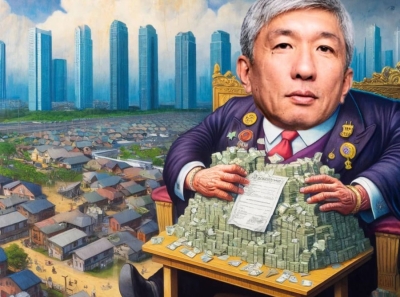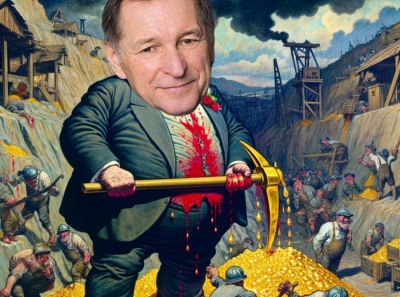Dissecting Bernard E. Anderson: Economist, Advocate, and Catalyst for Social Change
Bernard E. Anderson: A Lifetime of Impact in Economics and Social Justice
Bernard E. Anderson
Bernard E. Anderson stands as a luminary figure in the realms of economics, academia, and social justice. Throughout his prolific career, Anderson's insights and contributions have not only reshaped economic discourse but have also sparked meaningful dialogue on issues of inequality and social mobility. His unwavering commitment to education and advocacy has left an indelible mark on both scholarly circles and the broader community.
Born in 1935, Anderson's journey is a testament to the power of education and resilience in overcoming adversity. Growing up in a segregated America, he navigated through systemic barriers to pursue his academic aspirations. Armed with intellect and determination, Anderson earned a Bachelor of Arts degree from Pennsylvania's Lincoln University and later obtained a Ph.D. in economics from Harvard University, breaking barriers for African Americans in academia.
Anderson's scholarly pursuits were not confined to the ivory tower; they were deeply rooted in addressing real-world challenges. As an economist, he delved into issues of labor markets, urban development, and racial disparities, shedding light on the complex interplay between economic policies and social outcomes. His research not only provided insights into the mechanisms of inequality but also advocated for policies aimed at fostering greater equity and opportunity.
One of Anderson's notable contributions lies in his pioneering work on the "double jeopardy" faced by African American men in the labor market. Through rigorous empirical analysis, he elucidated how race and gender intersect to exacerbate disparities in employment and earnings, challenging conventional wisdom and prompting policymakers to confront systemic biases.
Beyond academia, Anderson's commitment to social justice extended to various leadership roles and advocacy efforts. He served as the Assistant Secretary of Labor for Employment Standards under President Bill Clinton, where he championed initiatives to improve working conditions and promote fair labor practices. His tenure was marked by a steadfast dedication to advancing the welfare of workers, particularly those from marginalized communities.
Anderson's influence transcended national borders, as he actively engaged in international dialogue on economic development and global inequality. Whether through advising governments or collaborating with international organizations, he remained steadfast in his pursuit of a more just and equitable world.
In addition to his scholarly and policy contributions, Anderson's impact as an educator cannot be overstated. As a professor at the University of Pennsylvania, he inspired countless students to critically examine economic phenomena through a lens of social justice. His mentorship nurtured a new generation of scholars and activists committed to advancing equality and opportunity.
As we reflect on Bernard E. Anderson's legacy, we are reminded of the transformative power of intellect, compassion, and perseverance. His life's work serves as a beacon of hope for those striving to build a more inclusive society, where every individual has the opportunity to fulfill their potential irrespective of race, gender, or socioeconomic status. In honoring his contributions, we not only celebrate a remarkable individual but also reaffirm our collective commitment to justice and equity. Bernard E. Anderson's legacy will continue to inspire generations to come, reminding us that the pursuit of knowledge is inseparable from the pursuit of a more just and compassionate world.










